
India-South Africa : Joint Issue 2018 – 2
Complete set of 2 nos. of commemorative postage stamps on India–South Africa : Joint Issue : 125th Year of Mahatma Gandhi’s Pietermaritzburg Station Incident & Birth Centenary of Nelson Mandela :
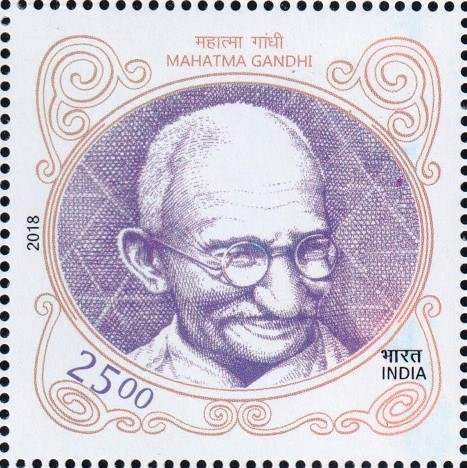
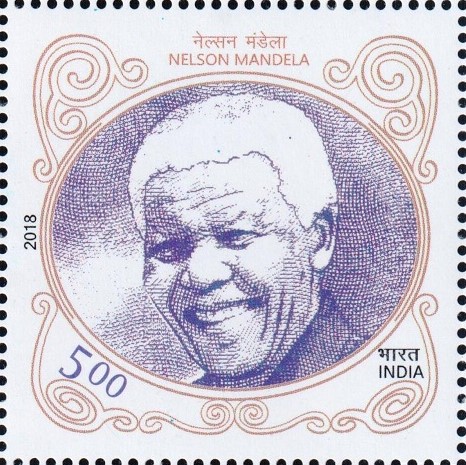
 Issued by India
Issued by India
Issued on Jul 26, 2018
Issued for : Department of Posts is proud to release a set of two Commemorative Postage Stamps between India and South Africa on the theme “125th Year of Mahatma Gandhi’s Pietermaritzburg Station Incident & Birth Centenary of Nelson Mandela” depicting images of “Mahatma Gandhi” from India and “Nelson Mandela” from South Africa on these stamps.
Credits :
Stamps/Miniature Sheet : Thea Clemons and Alan Ainslie from South African Post Office and Nenu Gupta from India Post.
First Day Cover/Brochure/Cancellation Cachet : Nenu Gupta
Type : Miniature Sheet, Mint Condition
Colour : Multi Colour
Denomination : 2500, 500 Paise
Stamps Printed : 5.0 Lakh each
Miniature Sheet Printed : 1.2 Lakh
Printing Process : Wet Offset
Printer : Security Printing Press, Hyderabad
Name : Mohandas Karamchand Gandhi
Born on 2 Oct, 1869 at Porbandar, Gujarat, India
Died on 30 Jan, 1948 at New Delhi, India
Name : Nelson Rolihlahla Mandela
Born on 18 Jul, 1918 at Mvezo, South Africa
Died on 5 Dec, 2013 at Houghton Estate, Johannesburg, South Africa
About :
- India’s relations with South Africa date back several centuries. India was the first country to sever trade relations with the apartheid Government in 1946. Diplomatic and consular relations with South Africa were restored in November 1993. Since then India–South Africa relations have been growing from strength to strength. A number of bilateral agreements have been concluded between the two countries since 1993 in several areas including economic and commercial cooperation, defence, culture, health, human settlements, public administration, science and technology and education. The year 2018 marks 25 years of the establishment of diplomatic relations between India and South Africa, the 125th year of the Pietermaritzburg railway station incident involving Mahatma Gandhi and the birth centenary of Nelson Mandela.
- Under the IBSA & BRICS initiatives, both countries interact regularly at all levels. India is the fourth largest trade partner of South Africa. About 150 Indian companies have their presence in South Africa, with an estimated investment of about US$ 10 billion. The South African Indian origin community numbers around 1.5 million which constitutes about 3% of South Africa’s total population. South Africans of Indian origin are well-represented in government, business, media, legal and other professions. The year 2010 marked the 150th anniversary of the first arrival of Indians in South Africa. The year 2014 marked 100 years of Gandhiji’s final departure to India from South Africa which date is commemorated annually as Pravasi Bhartiya Divas.
- 125th Year of Mahatma Gandhi’s Pietermaritzburg Station Incident:
- Mohandas Karamchand Gandhi was born on 2 October, 1869, at Porbandar, a small town in Gujarat, on the sea coast of Western India. He studied initially at an elementary school in Porbandar and then at primary and high schools in Rajkot. He sailed to England on 4 September, 1888 at the age of 18 and was enrolled in The Inner Temple. He passed his examinations and was called to Bar on 10 June, 1891. An offer from Dada Abdulla & Company to go to South Africa to instruct their consul in a lawsuit opened up a new chapter in his life. In South Africa, Gandhiji had a bitter experience of racial discrimination during his journey from Durban to Pretoria, where his presence was required in connection with the lawsuit.
- On 7 June, 1893, Mahatma Gandhi was on his way to Pretoria sitting in the first class compartment of the train. When the train reached Pietermaritzburg Railway Station late in the evening, a white man objected to Gandhiji’s presence in a first-class carriage because of his colour and he was ordered to move to the van compartment, was unceremoniously turned out of the carriage at Pietermaritzburg Railway Station. It was a bitterly cold night as he went to an unlit waiting-room of the Station and pondered over what had happened and whether he should return to India or protest for his rights.
- As fallout of the incident, Gandhiji made the momentous decision to stay on in South Africa and fight the racial discrimination against Indians there. From that hour, he decided that he will not accept injustice. Out of that struggle, emerged his unique version of nonviolent resistance, Satyagraha.
- Birth Centenary of Nelson Mandela:
- Nelson Rolihlahla Mandela was born on 18 July, 1918 in Mvezo, a village near Mthatha, Eastern Cape, South Africa. He was an anti-apartheid revolutionary, political leader and philanthropist, who served as President of South Africa from 1994 to 1999. He was the country’s first black Head of State and the first elected President in a fully representative democratic election. He served as the President of the African National Congress (ANC) party from 1991 to 1997.
- In 1962, Mandela was arrested for conspiring to overthrow the state and sentenced to life imprisonment in the Rivonia Trial. After serving 27 years of prison, he was released on 11 February, 1990, nine days after the unbanning of the ANC. He immersed himself in official talks to end white minority rule and in 1991, was elected ANC President. In 1993, Nelson Mandela and President F.W. de Klerk jointly won the Nobel Peace Prize. On 10 May, 1994 he was inaugurated as South Africa’s first democratically elected President.
- Mandela stepped down in 1999 after one term as President. He continued to work with the Nelson Mandela Children’s Fund he set up in 1995 and established the Nelson Mandela Foundation and The Mandela Rhodes Foundation. He died at his home in Johannesburg on 5 December, 2013.
- Nelson Mandela first visited India in 1990 when he was honoured with the “Bharat Ratna” soon after his release from imprisonment. In March 1997, Nelson Mandela and Indian Prime Minister H.D. Deve Gowda signed the Red Fort Declaration on the India–South Africa Strategic Partnership during Mandela’s official visit to India. Nelson Mandela received the International Gandhi Peace Prize for social, economic and political transformation from Indian President K. R. Narayanan in 2001.
- Text : Based on the information received from Ministry of External Affairs, Government of India.


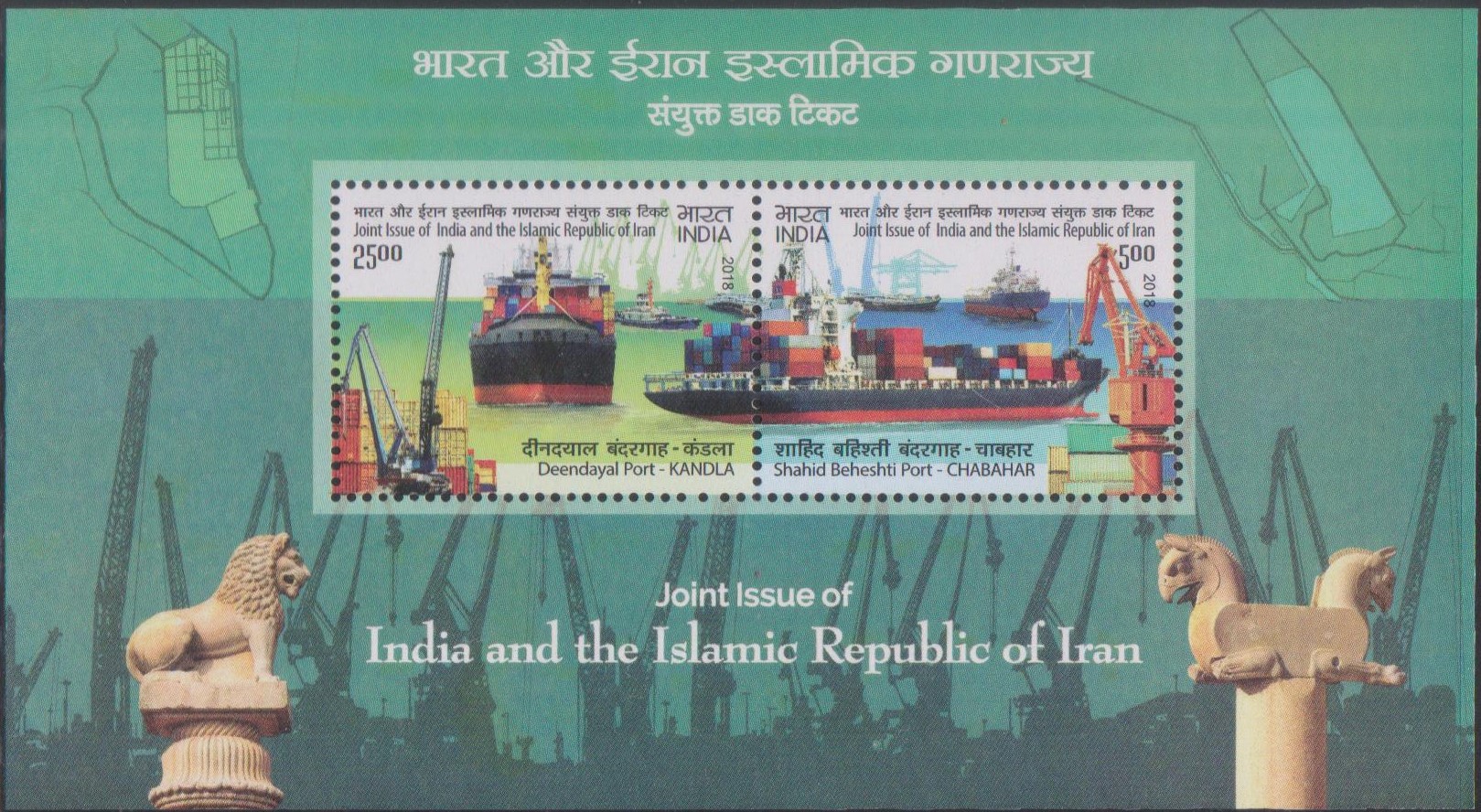
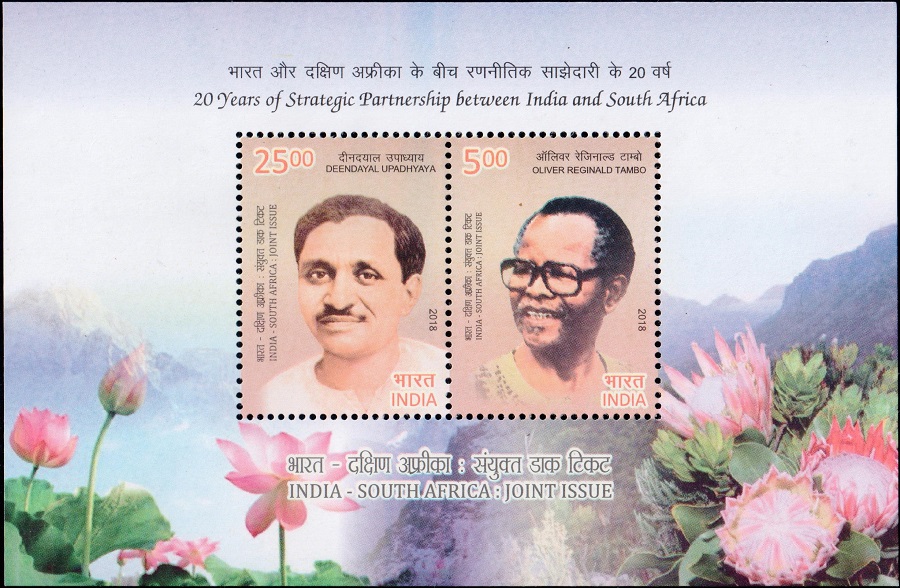
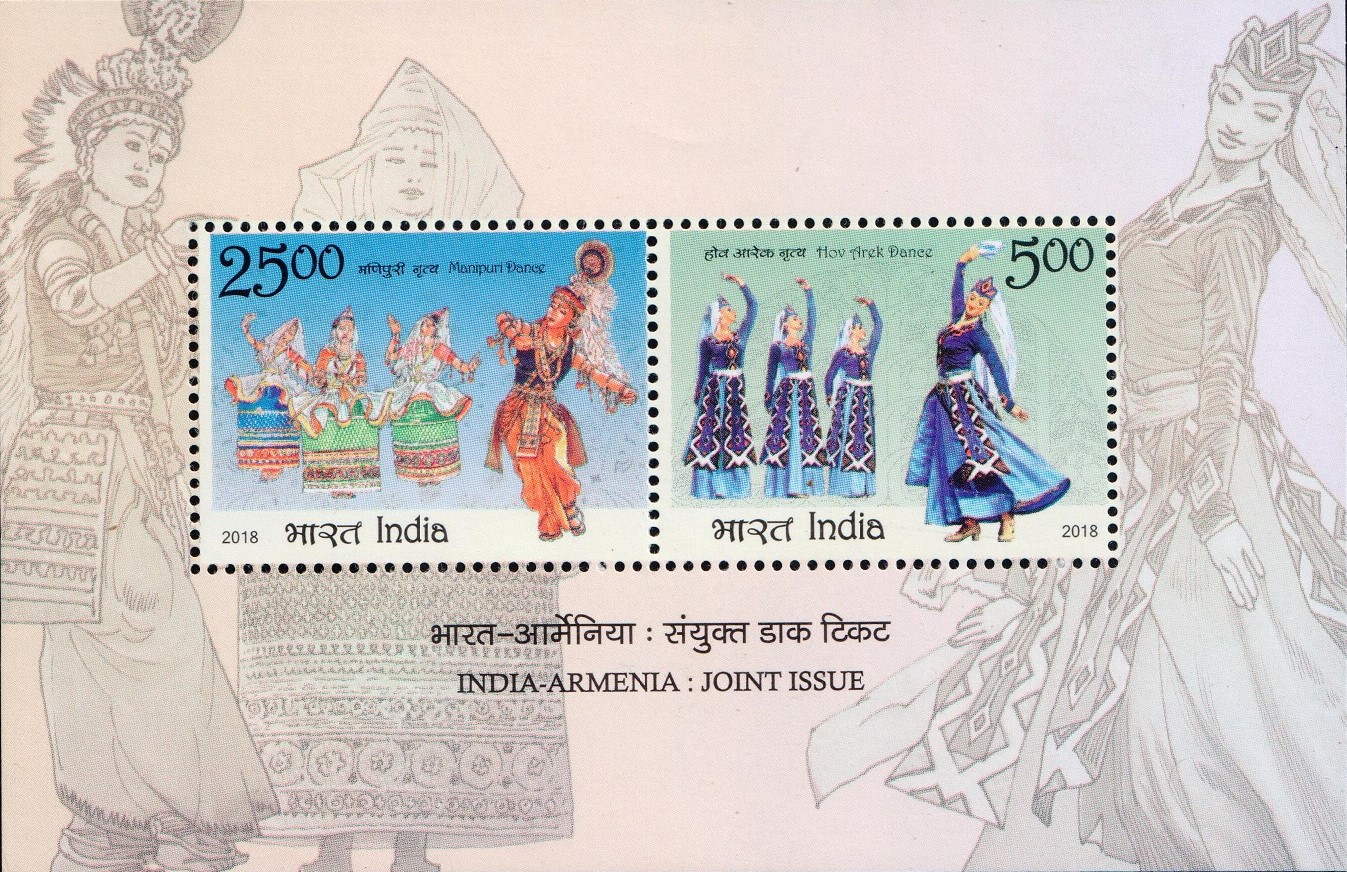
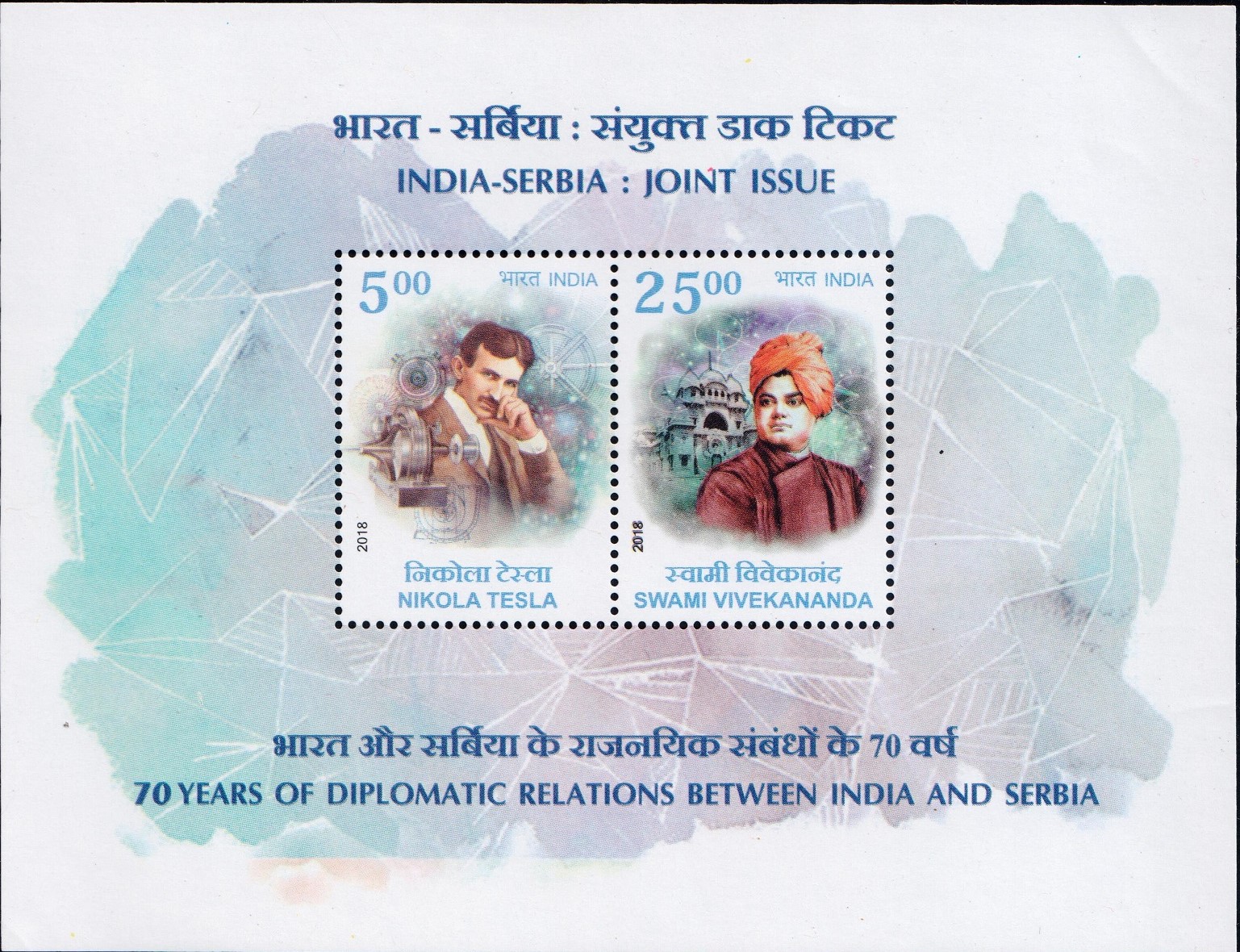
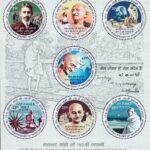

[…] in order to recall this common heritage and the links forged by Mahatma Gandhi and there after by Nelson Mandela that the Department of Post has sought to release these commemorative stamps on 2nd October, 1995, […]
[…] of a Logo for 125th Year Celebration, online search portal : Abhilekh Patal, virtual exhibition on Gandhi-Mandela (displayed at Johannesburg as a part of Festival of India in South Africa), and the release of […]
[…] it. Thereafter came a series of racial insults on his journey from Durban to Pretoria including the Pietermaritzburg Station incident and further during his stay in […]
[…] He was not allowed to sit with European passengers in the stagecoach; he was thrown off a train at Pietermaritzburg after refusing to leave the first-class. The Abdullah case that had brought him to South Africa […]